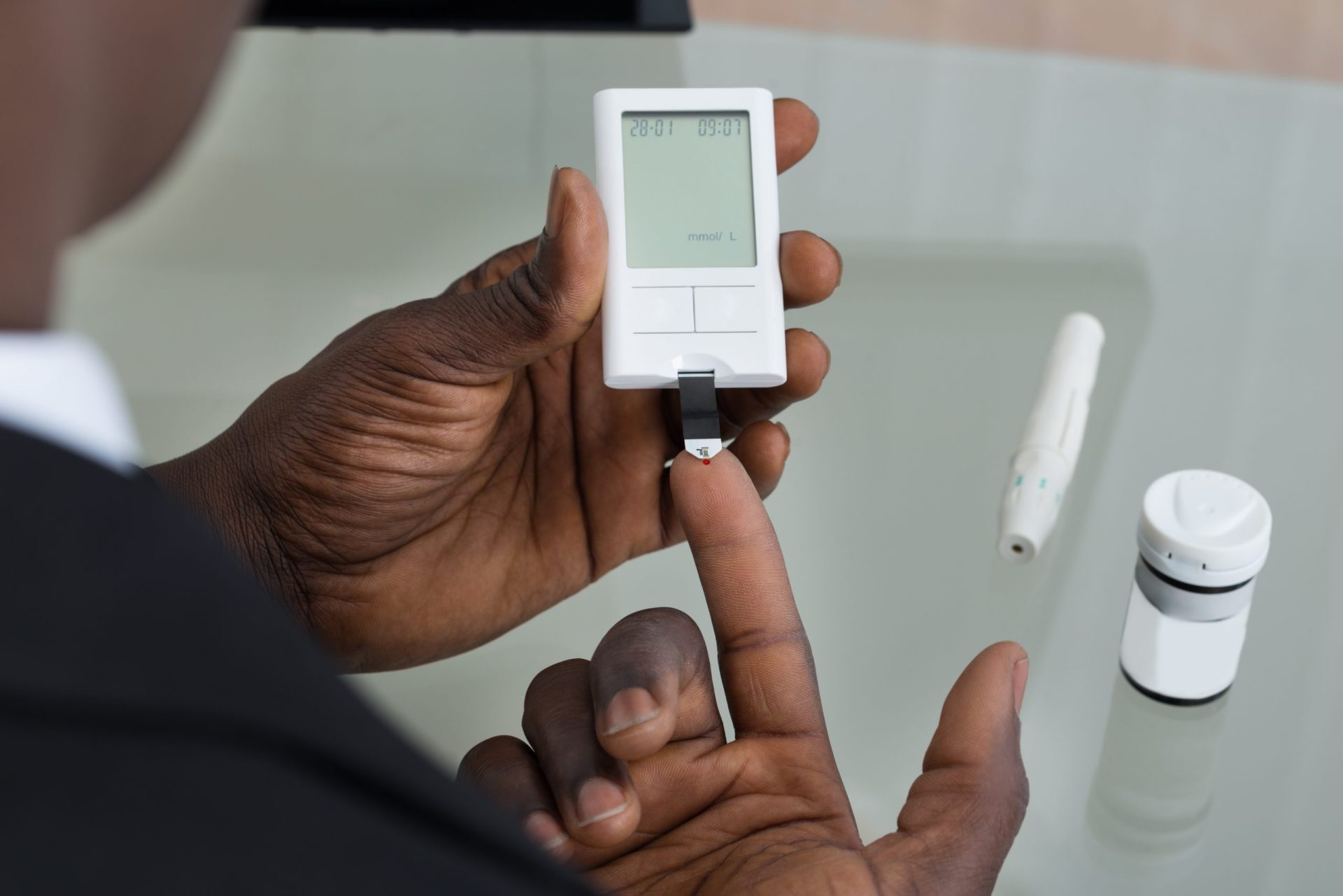The global increase in diabetes cases has prompted medical professionals to emphasize prevention strategies more than ever before. While genetic factors play a role, research consistently shows that lifestyle choices significantly influence diabetes risk. Understanding and implementing specific daily habits can create a powerful defense against this increasingly common condition.
Understanding blood sugar balance
Before diving into preventive habits, it’s crucial to understand how blood sugar regulation works. The body’s complex system of managing glucose involves multiple organs and hormones working in harmony. This understanding helps explain why comprehensive lifestyle changes prove more effective than isolated modifications.
The power of strategic eating
Research shows that when and how you eat matters as much as what you consume. Medical experts emphasize the importance of maintaining consistent meal timing to support stable blood sugar levels. This approach helps regulate insulin production and sensitivity throughout the day.
Movement as medicine
Physical activity’s role in diabetes prevention extends beyond simple calorie burning. Regular movement helps cells become more sensitive to insulin, improving glucose utilization throughout the body. Even brief periods of activity can contribute to better blood sugar control.
Sleep’s crucial role
Modern research increasingly highlights sleep’s vital role in metabolic health. Poor sleep patterns can disrupt hormone balance, affecting insulin sensitivity and glucose regulation. Understanding this connection helps emphasize the importance of quality rest in diabetes prevention.
Stress management techniques
Chronic stress significantly impacts blood sugar levels through various physiological mechanisms. Implementing effective stress management strategies becomes crucial for maintaining metabolic health and reducing diabetes risk.
Nutritional strategies
Beyond basic healthy eating, specific nutritional approaches can enhance diabetes prevention. Understanding food combinations, timing, and portions can optimize blood sugar regulation throughout the day.
Hydration habits
Proper hydration supports multiple aspects of metabolic health. Water plays a crucial role in glucose regulation and helps maintain optimal organ function for blood sugar management.
Environmental considerations
Our environment significantly influences our health habits. Creating surroundings that support healthy choices makes maintaining diabetes-preventing behaviors easier and more sustainable.
Social support systems
Building and maintaining supportive relationships can significantly impact health behaviors. Strong social connections often correlate with better health outcomes and increased success in maintaining preventive habits.
Morning routines
Starting the day with specific habits can set a foundation for better blood sugar control. These morning practices help establish metabolic rhythm and support overall health throughout the day.
Evening practices
Evening routines play a crucial role in preparing the body for rest and recovery. These habits can significantly impact overnight blood sugar regulation and next-day metabolism.
Mindful eating practices
Developing awareness around eating habits helps support better food choices and portion control. This mindfulness extends beyond meal times to influence overall eating patterns.
Activity integration
Finding ways to incorporate movement throughout the day, rather than relying solely on dedicated exercise time, supports consistent blood sugar regulation.
Supplemental support
While whole foods provide the foundation for health, specific supplements might offer additional support for blood sugar regulation when used appropriately.
Mental health considerations
Emotional well-being significantly impacts physical health. Addressing mental health becomes crucial for maintaining habits that prevent diabetes.
Professional guidance
Regular health monitoring and professional guidance help ensure prevention strategies remain effective and appropriate for individual needs.
Technology’s role
Modern technology offers various tools for tracking and maintaining healthy habits. Understanding how to effectively use these resources can enhance prevention efforts.
Cultural considerations
Cultural factors significantly influence health behaviors. Adapting prevention strategies to work within cultural contexts improves their effectiveness and sustainability.
Financial planning
Healthcare costs associated with diabetes prevention often prove significantly lower than managing the condition itself. Understanding this can help prioritize preventive measures.
Long-term perspective
Maintaining a long-term view helps sustain motivation for preventive habits. Understanding the cumulative impact of daily choices supports consistent healthy behaviors.
Environmental impact
Choices that support diabetes prevention often align with environmental sustainability. This connection can provide additional motivation for maintaining healthy habits.
Future considerations
Emerging research continues to reveal new aspects of diabetes prevention. Staying informed about developments helps optimize prevention strategies over time.
Community involvement
Engaging with community resources and support systems can enhance individual prevention efforts. These connections provide additional motivation and practical support for maintaining healthy habits.
Sustainable changes
Creating sustainable lifestyle modifications proves more effective than temporary measures. Understanding how to implement lasting changes supports long-term diabetes prevention.














